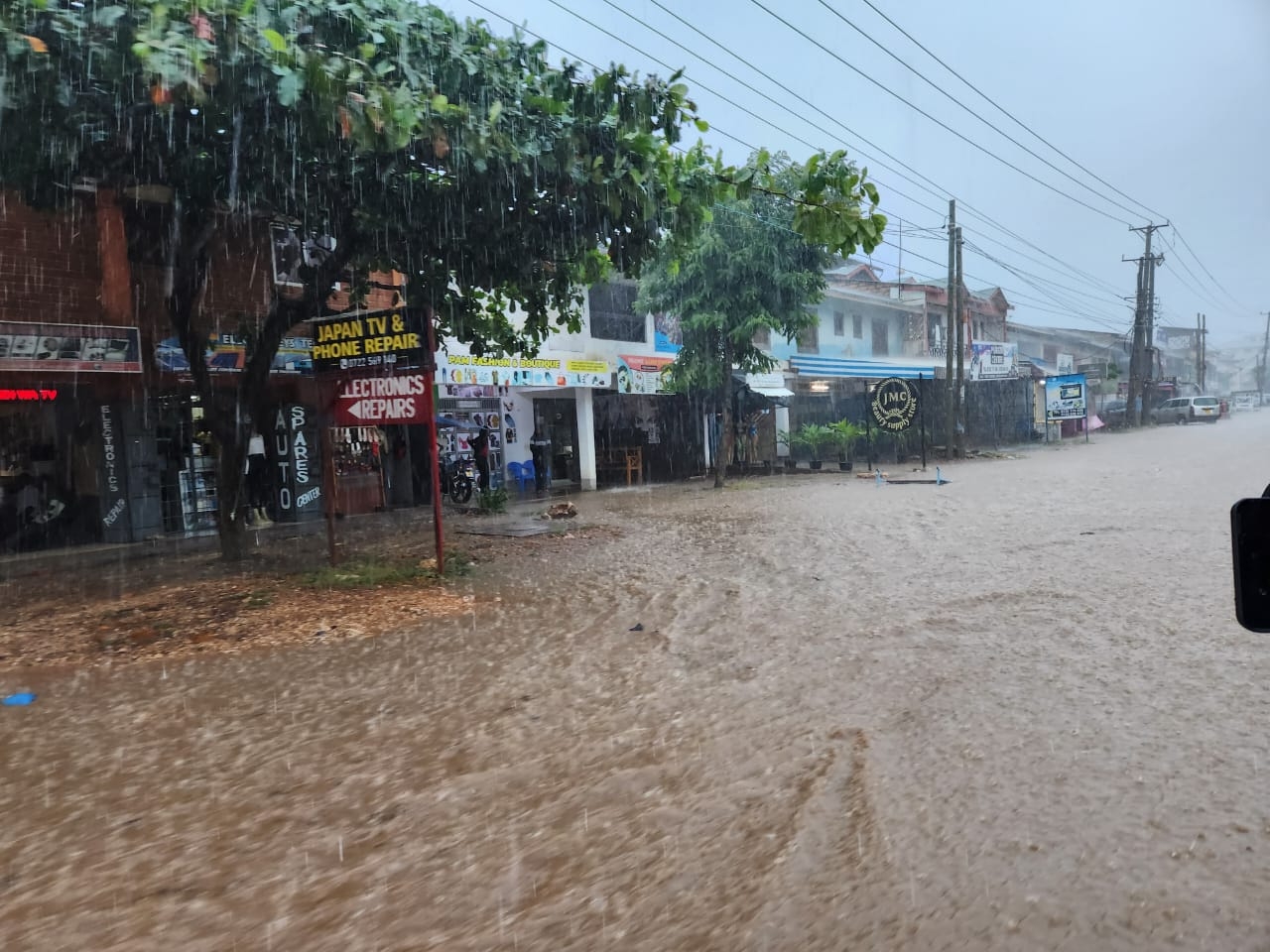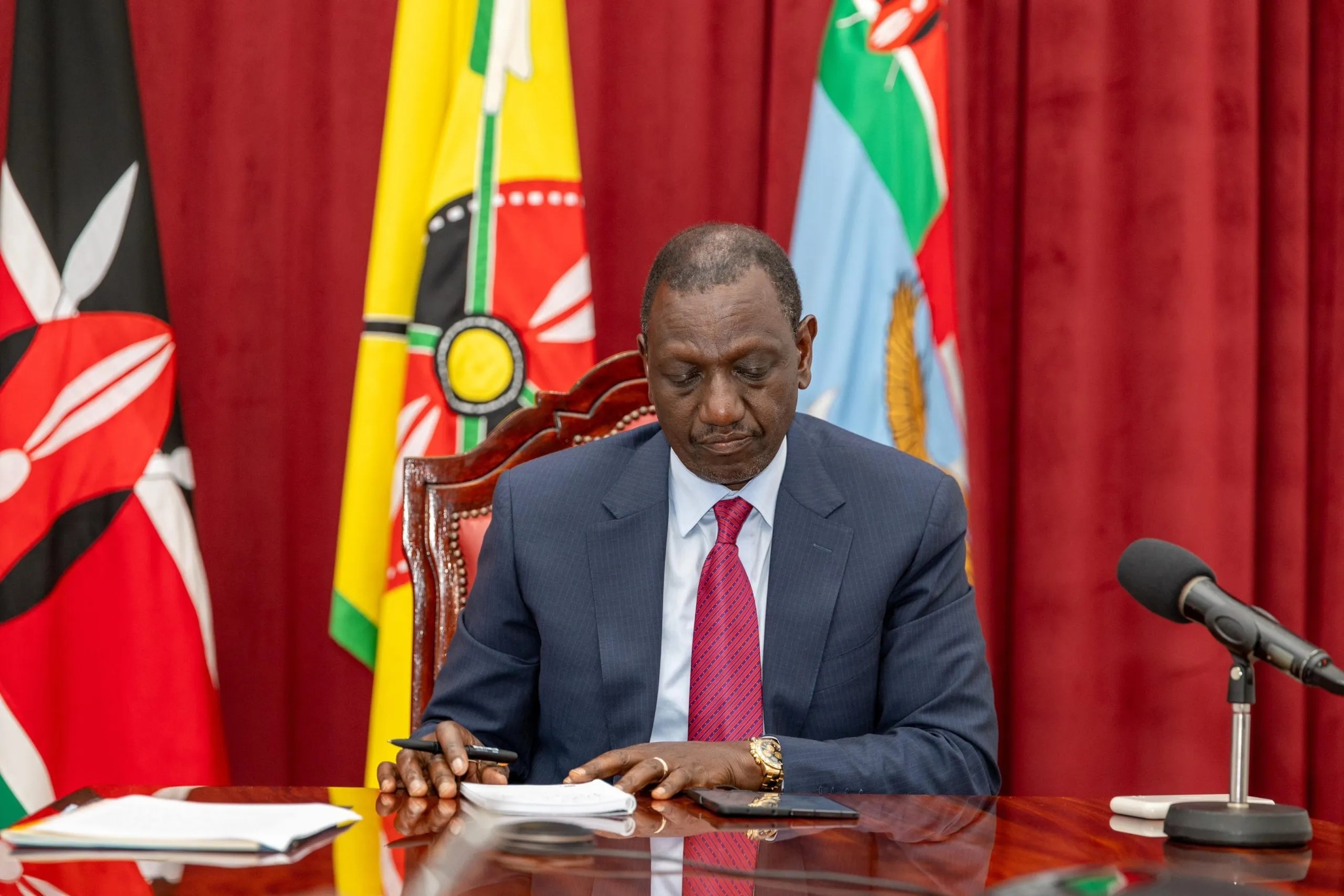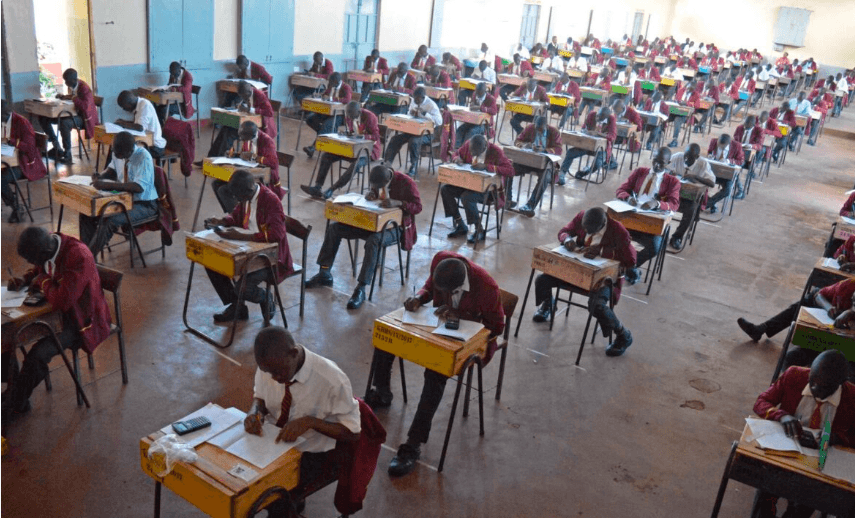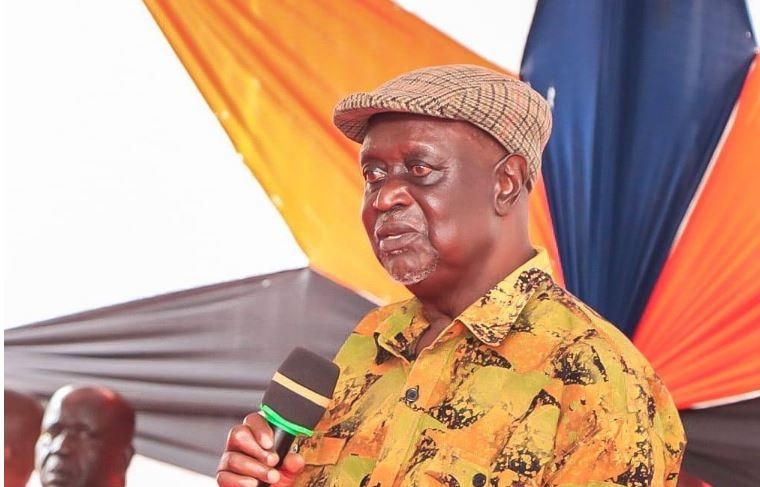
The High Court has issued orders compelling the Treasury to immediately pay Judges and judicial officers serving in hardship areas their approved hardship allowance from October 1, 2019.
The allowance is to be paid at the rate of 40 per cent of their basic salary.
Court records show that the Treasury used to pay the allowance to the judicial staff sent to areas such as Turkana and Mandera but the same was abruptly withdrawn.
While delivering the judgment, Justice Chacha Mwita made a declaration that the directive issued by the Salaries and Remuneration Commission (SRC) to CS Treasury to stop payment of the allowance to Judges working in designated hardship areas was a violation of the 160(4) of the constitution.
Based on this provision, Mwita said the judges enjoy the right to not have their remuneration and benefits varied to their disadvantage.
He at the same time compelled CS Treasury to make the payments to judges and judicial staff who were transferred from hardship areas with unpaid hardship allowance between October 3019 and their respective dates of transfer.
The case was filed in court in 2022 by one Jonathan Munene Mwangi against Treasury CS, SRC and other parties after the hardship allowance was terminated in 2019 despite it having been in place since January 2012.
The allowance was introduced in 2011 and captured in the judiciary transfer policy. It was effected in 2012 but was withdrawn in 2019 without notice or explanation to the concerned parties.
SRC during the hearing argued that the decision to stop the allowance was informed by a study conducted in September 2014.
The Judge noted that the commission did not state whether the judiciary was consulted during the study and whether those earning the allowance were consulted or informed regarding the intention to withdraw the same.
Mwita ruled that SRC couldn't withdraw the allowance without consultation with the judiciary given that it was in place since 2012.
"The allowance was at the time part of the benefit paid to judges, Judicial officers and staff working in those areas. This created a legitimate expectation that it would not be withdrawn without their knowledge and explanation," the judge said.
The Attorney General who was a party to the case had raised issues of jurisdiction saying the courts had no power to hear and determine the matter.
Mwita however said he had jurisdiction as there was no issue of employer-employee between the judges and the Attorney general because they are not employees of the state but employees of the Judiciary.



















